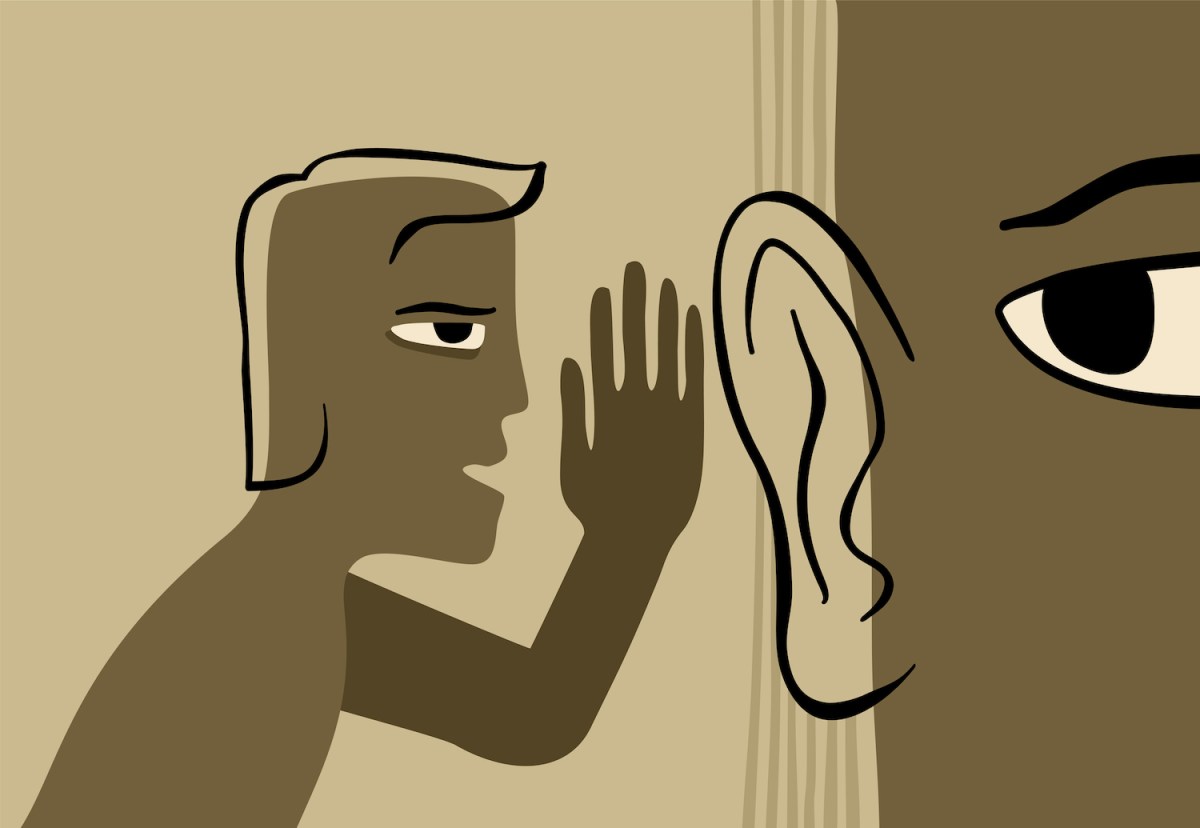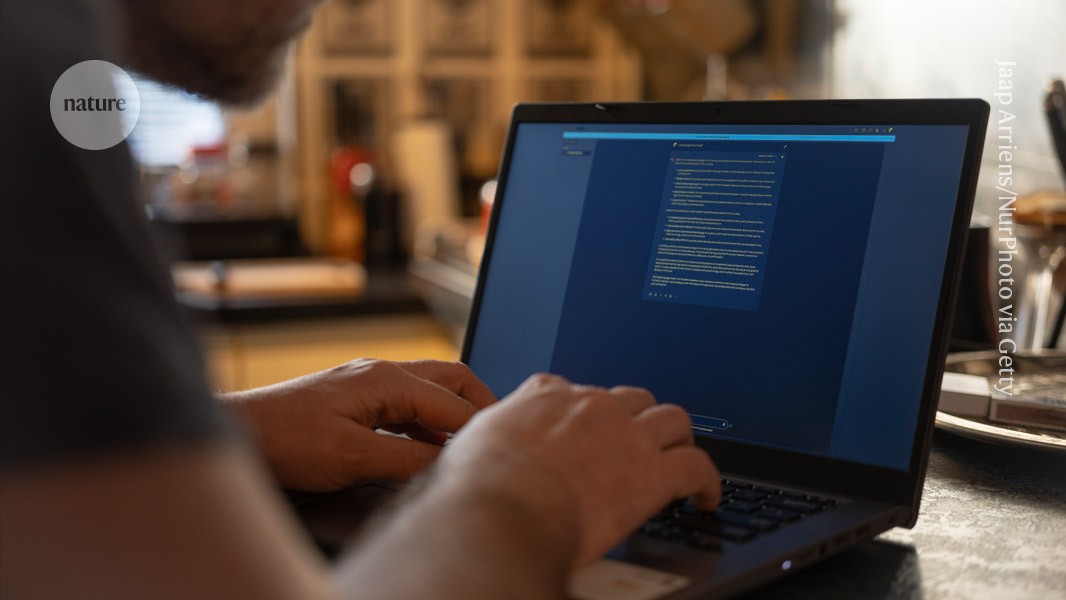#peer-review
#peer-review
[ follow ]
#research-integrity #large-language-models #academic-publishing #academic-integrity #scientific-publishing
Artificial intelligence
fromTechCrunch
3 days agoIrony alert: Hallucinated citations found in papers from NeurIPS, the prestigious AI conference | TechCrunch
100 hallucinated citations were confirmed across 51 NeurIPS papers, revealing AI-generated fabricated references among accepted machine-learning research.
Books
fromInside Higher Ed | Higher Education News, Events and Jobs
3 months agoMajor Academic Press Calls for "Publish or Perish" Reform
Urgent, sector-wide reform of academic publishing incentives is necessary to prevent systemic collapse and reduce research fraud, paper mills, and reviewer overload.
fromNature
5 months agoPeer reviewers more likely to approve articles that cite their own work
The study was inspired by anecdotes from authors who cited articles only because reviewers asked them to, says study author Adrian Barnett, who researches peer review and metaresearch at Queensland University of Technology in Brisbane, Australia. Sometimes, these requests are fine, he says. But if reviewers ask for too many citations or the reason to cite their work is not justified, the peer-review process can become transactional, says Barnett. Citations increase a researcher's h-index, a metric reflecting the impact of their publications.
Science
[ Load more ]











